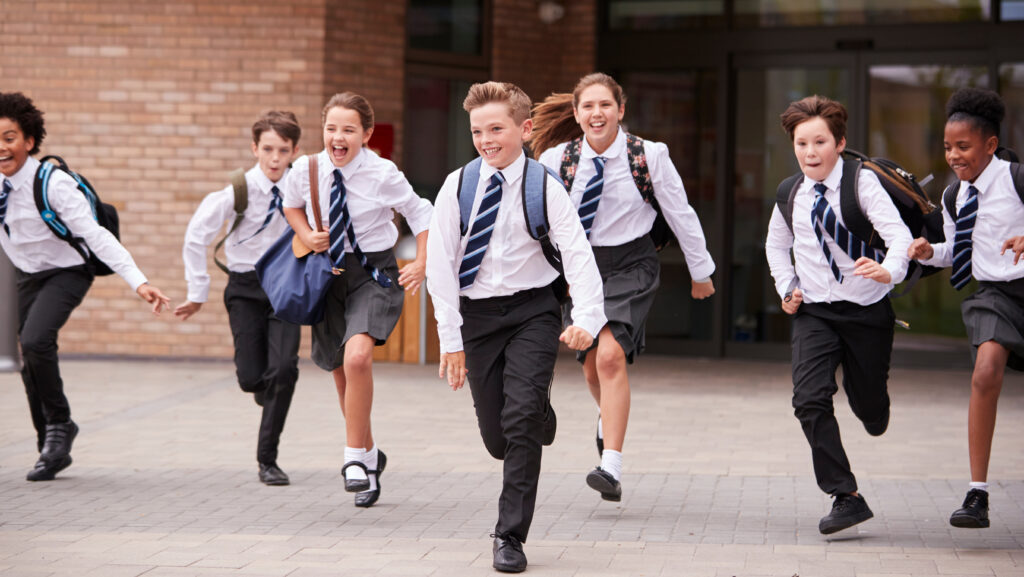Rabi return-to-school grant helps 20,000 farming families
 © Adobe Stock
© Adobe Stock The Royal Agricultural Benevolent Institution’s (Rabi) Return to School (RTS) grant has provided vital financial relief to 20,000 farming families across England and Wales since launching in 2022.
Rabi is one of the UK’s longest-established farming charities, offering essential support to farming families throughout England and Wales.
Established in 1860, the charity has been assisting farmers, farmworkers, their families, and retired farmers for more than 160 years.
See also: Knitters raise awareness for Scots rural charity Rsabi
The grant is aimed at assisting farming families facing the challenges of the cost-of-living crisis by offering targeted support to alleviate the pressures of back-to-school costs.
It provides £250 per household, helping to cover expenses such as school uniforms, PE kits, and meals.
Rabi’s director of services, Caron Whaley, emphasised the importance of the grant in helping farming families navigate the financial pressures exacerbated by rising living costs.
“Our Return to School grant is committed to ensuring that thousands of school children across our farming community are equipped and ready to thrive when they return to their classrooms each year,” she said.
Results
In the past three years, nearly £3m has been distributed to farming families.
Of the 3,010 parents who received the grant in 2023, many reported a reduction in financial stress, with single parents particularly appreciating the ability to provide for their children.
Research conducted by accountancy firm Moore Kingston Smith highlighted the significant positive outcomes for both students and parents.
One recipient noted: “It’s been a huge weight off our shoulders in the back-to-school run-up.”
For students, the grant boosted confidence and social inclusion, especially among secondary school children, with many reporting improved self-esteem and better focus in school.
“She’s much happier now she has new clothes and doesn’t stand out,” said one parent.
The broader social value extended to siblings and education welfare services, with reduced school absences and a more harmonious home environment.
Additionally, 50-90% of applicants each year were new to Rabi, many of whom later accessed further support, including mental health counselling.
